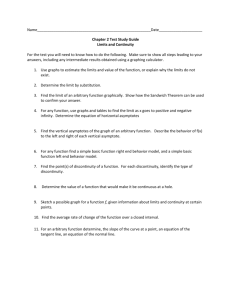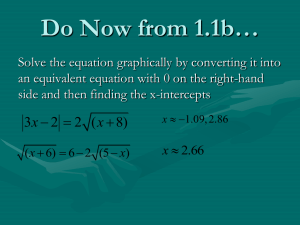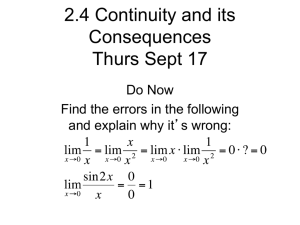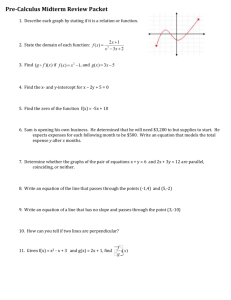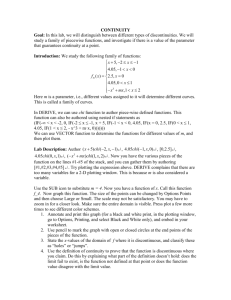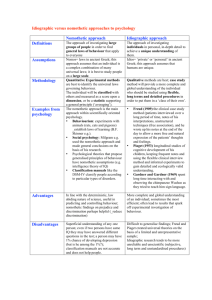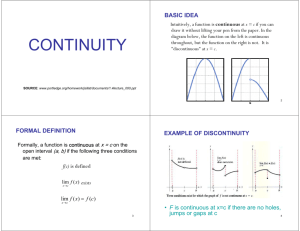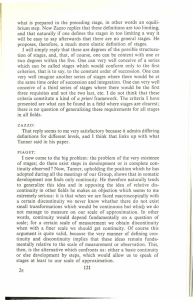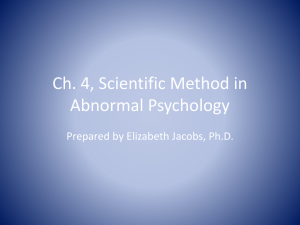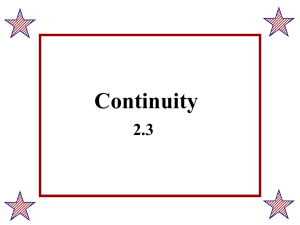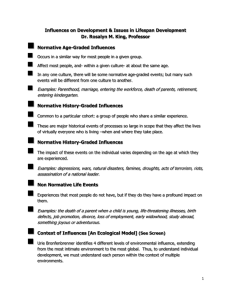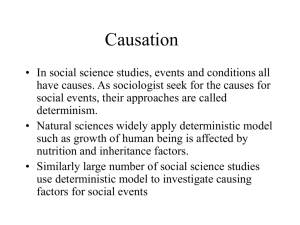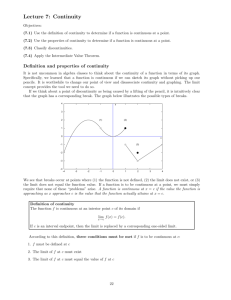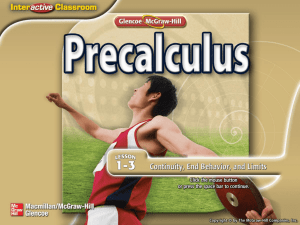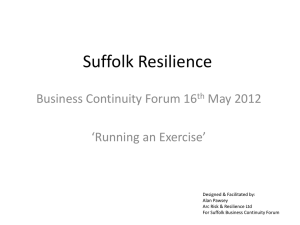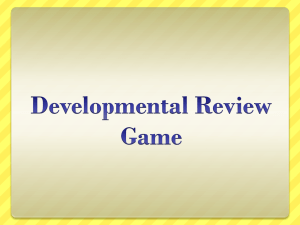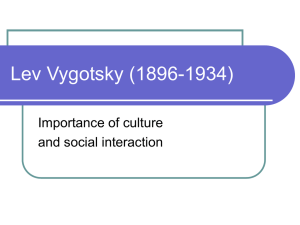Discontinuity
advertisement
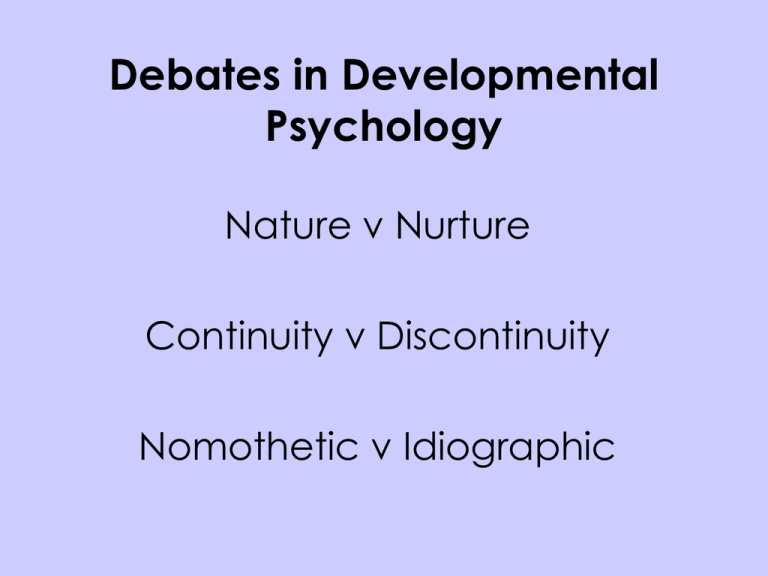
Debates in Developmental Psychology Nature v Nurture Continuity v Discontinuity Nomothetic v Idiographic Continuity v Discontinuity Continuity: Do children develop through a continuous process of being around others and learning from others? Versus Discontinuity: Do children develop in discontinuous stages? Eg one day they are a child, the next they are a teenager. Discontinuity • This side of the debate says that children develop through discontinuous stages. • Both Erikson and Piaget believe there are sequences or stages that we all have to go through. Click here to read about Erikson’s theory Click here to read about Piaget’s theory Discontinuity • Both Erikson and Piaget see development as discontinuous because the stages are distinct and therefore development is not a gradual process. • Do you believe this? Can you see any criticisms of this? Eg do you think that all children develop through the stages that they purport? Continuity • Lev Vygotsky disagreed with Piaget & Erikson. • He saw development in terms of a continuous process and identified a concept called ‘The Proximal Zone of Development’. • This is when children learn from being with either their parents or their peers with more skills. Vygotsky said they could not perform tasks on their own, but learned from others – which theory does this remind you of? Continuity - Scaffolding Vygotsky also identified something called ‘Scaffolding’. This means a child is supported. It is taught information and helped to move to the next level, which it would not be able to do on it’s own. Continuity - Scaffolding Example A child wants to make lunch but does not have the skills to do this. A father shows his son how to wash, chop and mix the salad items and how to make a dressing. The child is learning skills such as chopping, pouring and mixing. It is learning concepts such as quantities, measurements and learning the names, shapes and colours of new foods. Continuity V Discontinuity Explain how the continuity and discontinuity theories would explain how a child learns to swim. Explain how they would learn different swimming strokes too! Nomothetic V Idiographic • Nomothetic – refers to general laws. A nomothetic approach tries to find similarities in the way we develop • Idiographic – refers to the uniqueness of each person. An idiographic approach looks at how each individual person develops, and the fact they might have different needs
